K-drama problems: Is drama good for us?
by missvictrix
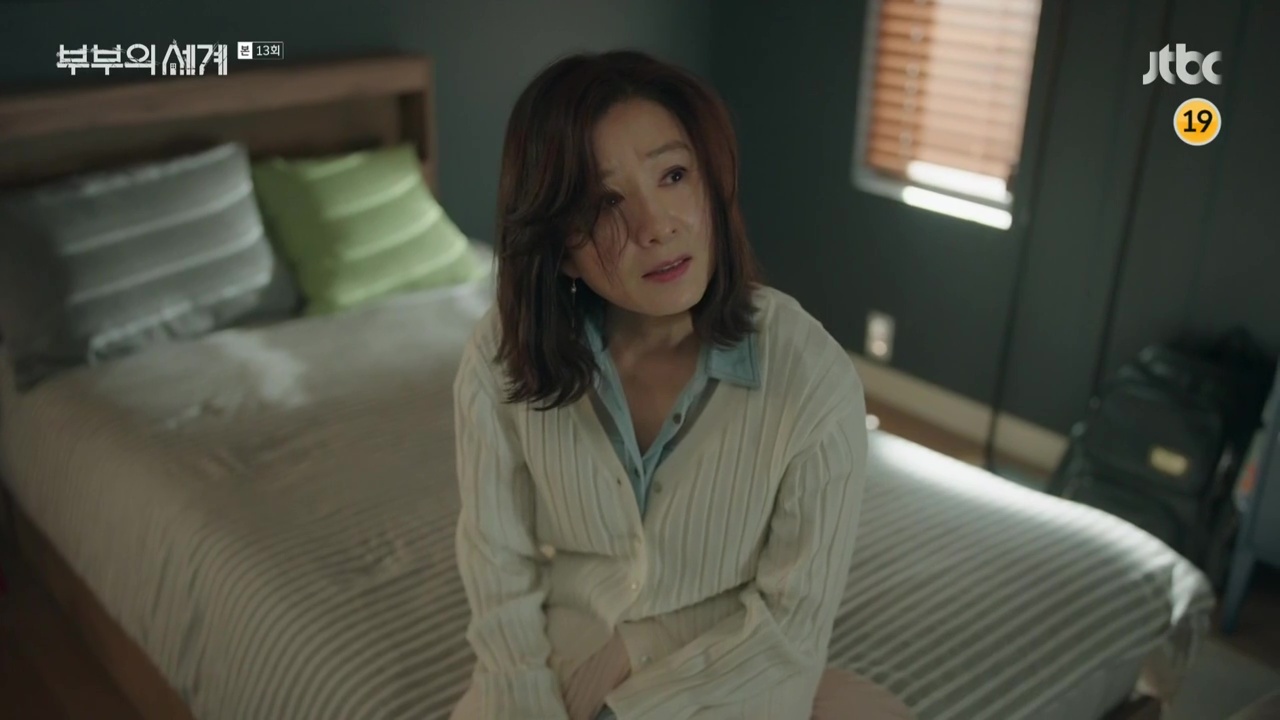
In recent weeks, many of us watched JTBC’s latest smash hit, A Couple’s World. The drama not only became a sleeper hit, but broke records to become the highest rated drama in cable history. Kim Hee-ae won the Baeksang for Best Actress to recognize her riveting performance, and the drama’s director, Mo Wan-il, won Best Director. In addition to all this record breaking and award winning, the drama also gave a gift to its audience: high blood pressure.
While that last bit is a joke, truer things are said in jest, right? I don’t think I heard from a single person who watched even part of the drama that didn’t feel the story’s incredible emotional rollercoaster second hand. Some viewers talked about high blood pressure and stress, @stroopwafel and I kept exchanging the brain exploding emojis to express our shock, and more than once while covering the show, I mentioned how each episode was like a whole new ulcer. It was exciting, it was fun, and it was a wild ride. But was it good for us?
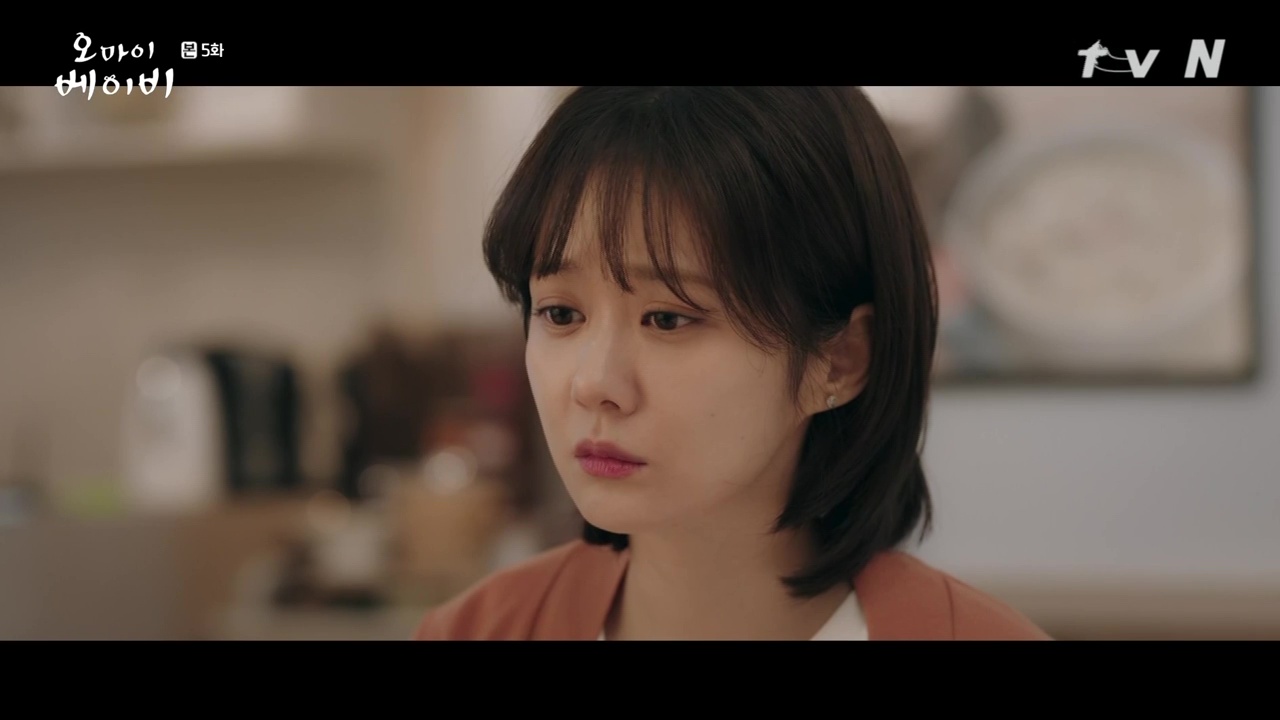
To answer this question, we have to go back to one of my favorite places: Greek tragedy. After all, most discussions around the function of drama go back to that time. In other words, all roads lead to Rome Greece.
A huge amount of how we assess and analyze stories (as well as the all-important criteria for what makes a good one) comes from this era, and Aristotle’s thoughts. Centuries later, his analysis of Drama (with a capital “d”) still rings true today. Plot is king. A good story must be complete, with a beginning, a middle, and an end. And two important emotions should be aroused in a drama’s audience: pity and fear.
Pity and fear might sound silly as one-off words to describe how we relate to drama in the 21st century, but think of how it might relate to a show you’re currently watching. Let’s take Oh My Baby for example. What does pity (or pathos) look like for that plot? Well, we pity or empathize with our heroine’s struggle — we see her desire, and then her struggle to fulfill it. It doesn’t matter if the vehicle is straight-up romcom, because the emotional foundation is still there. Same with fear. What fears could this story stir up in us? Things like, “What if that was me?” or “What would it be like if I was unable to fulfill a deep desire of my heart?”
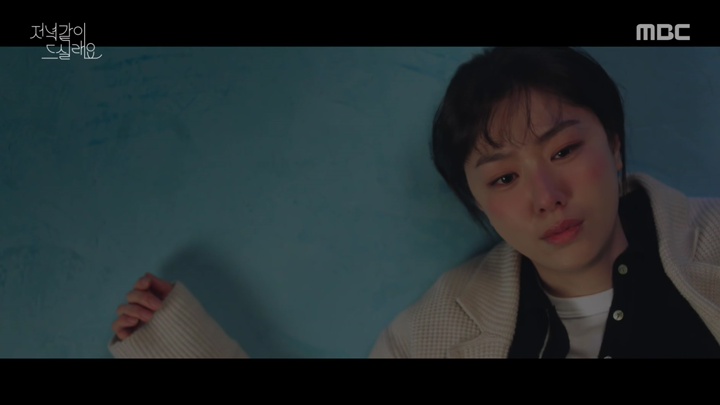
Let’s look at another current drama like Will You Have Dinner With Me. Surely there’s not much pathos or fears to be had there? But there is: for pathos we have both a hero and heroine dealing with emotional baggage from the past. We feel their break-ups and their pain (theoretically) — and in a romcom setting such as this, that might even translate as cringing for a character instead of crying for her. While these elements might not be perfectly executed in this drama, the aim is still there.
What about a drama like Kingdom (talk about a genre change)? Again, we have the same effects: pathos around the terrible problem/plague that our prince is in the middle of… and fear of what the truth holds. This drama is a great example to look at how the concept of fear works expertly in a story to elicit reactions. We can experience fear alongside our protagonists as we go through creepy/terrifying encounters with them, worry for their safety, and hide behind pillows hoping they make it (’cause I wouldn’t). But beyond in-drama fears, zombie fiction (and the like) is so rich with more complex fears like what would happen if the people around us became our enemies? What would happen if/when we were to lose our humanity? And of course, the most primal and basic fear of all: how we, as humans, deal with being hunted.

While these drama examples are great for talking about how pity/pathos and fear are present in a story, it’s true that K-dramas are not really the most appropriate place to go for tragedy in its truest form. While the structure (beginning, middle, end) and emotions (pity and fear) are surely there, the endings are not. Because you know, things like banishment, suicide, and murdering your own children don’t usually close our dramas. Instead, they’re generally replaced with things like redemption, forgiveness, and happy endings.
But that doesn’t mean that our K-dramas don’t elicit strong emotional reactions. I’ve talked a lot about how we react to stories, whether it’s relating to their magic and hope, or feeling upset as they stir our emotions — and that’s what I’m really getting at here. Is it helpful or hurtful to have your own struggles “instigated” by a story you’re watching? Are stories that make us endure high highs, and shattering rock-bottom lows actually good for us? Are stories even something that can be good for us or bad for us?
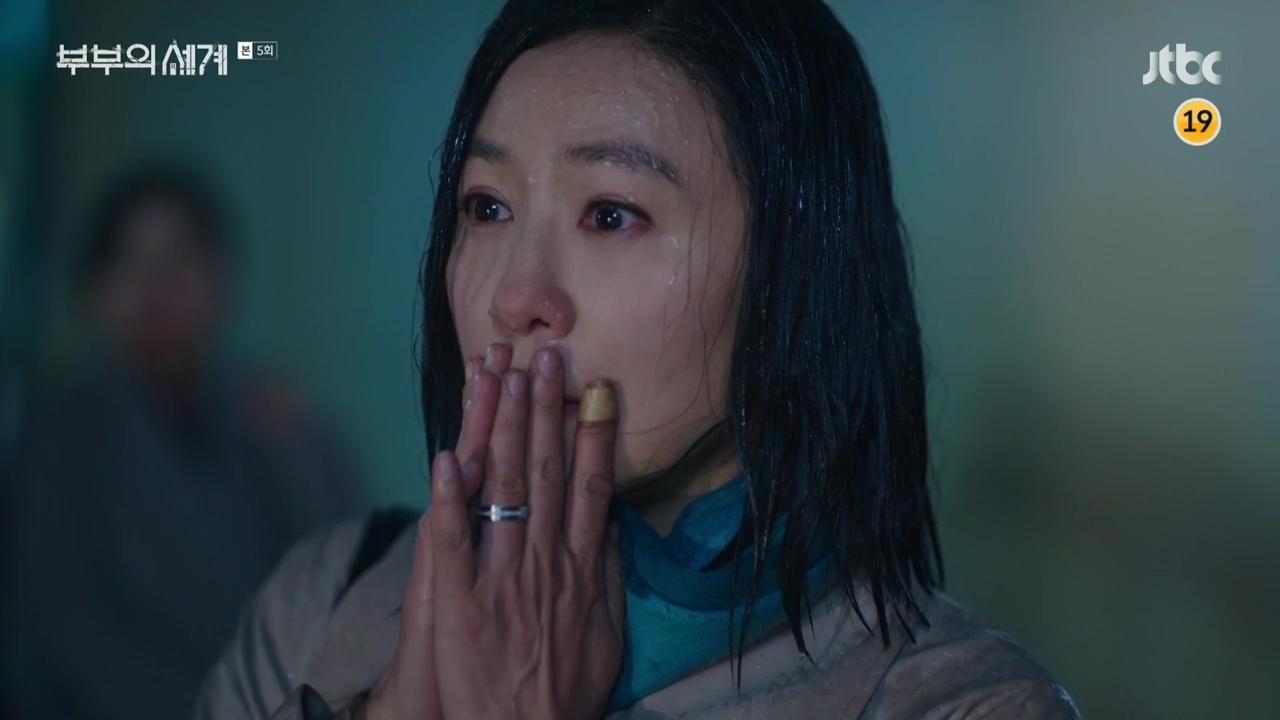
To answer these questions, or at least frame them, we have to go back to the idea of a story arousing pity and fear in its audience. Aristotle says that the purpose of feeling those feelings (which we wouldn’t exactly call positive emotions, right?) is simple: catharsis. He says that a story that lets us weep over a tragedy or feel terrified over a serial killer plot line allows us to purge the emotions that we’d otherwise just be sitting on. It makes sense, right? And sometimes it really does feel good (and yes, purgative) to sob away with a protagonist who’s lost a loved one, or to vicariously experience the pain of betrayal so strong that it feels real.
Experiencing catharsis through storytelling is a real thing, and dramas are not shy about tugging, ripping, and sometimes trampling on our hearts to get there. So, I’m pretty sure you’ve cried/laughed/pillow-hugged your way through a drama or two before, just like me. Sometimes, you feel great afterwards. But what about those stories that leave you feeling upset? This can happen too. Maybe a story hit too close to home, and you had to stop watching it. Maybe a story lifted you so high and then dropped you so low that you wound up with a migraine (or at least, you couldn’t fall asleep after watching). What then?
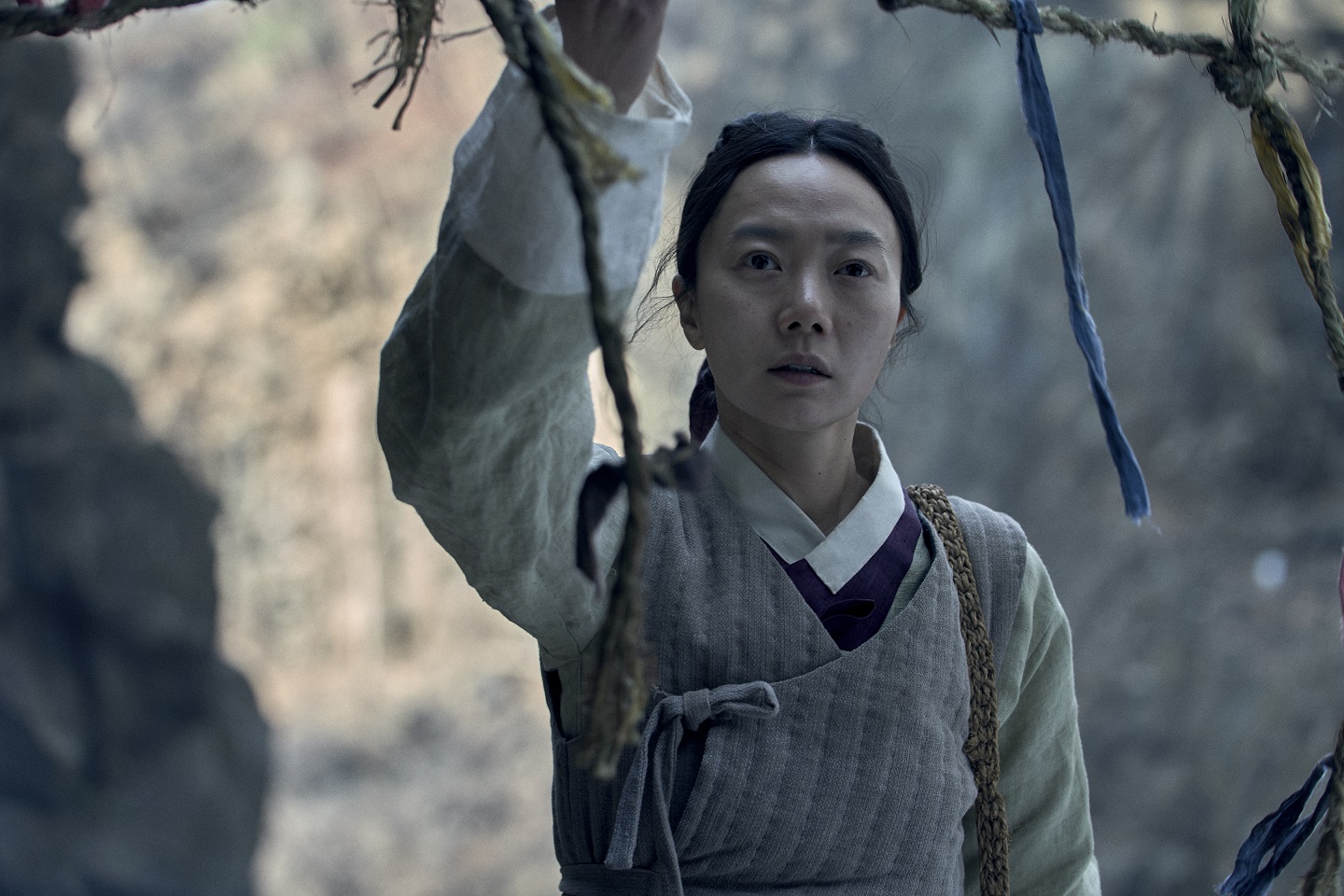
The possible downside of drama is where our counter-argument comes in — because there’s always another perspective, right? It turns out that Plato had different ideas about drama, and that was, in a nutshell, that feeling all these secondary emotional highs and lows isn’t that great after all. That it’s self-indulgent. And worse, maybe even… not that healthy?
Greek tragedy has another important component and purpose that we haven’t talked about yet, and that’s the concept of moral. It’s another big building block for why we, as a civilization, tell stories. Are they supposed to teach us what to do, what not to do? Are they meant to allow us to vicariously experience, for example, the lurid highs of a love affair and then the lows of a murderous breakup — so we don’t have to experience them in real life?
Here’s where we have to circle back to A Couple’s World, being such a great example of the high drama we could expect from a classical Greek tragedy (being based off of a great one helps). Did watching A Couple’s World give you a sense of catharsis? In other words, did vicariously experiencing both the high of winning a battle, and the gut-wrenching low of getting played, give you some kind of spectator satisfaction? I know it did for me. And it’s the lingering emotional reaction I had to this story that made me think about the questions I’ve been asking in this article.

But what about others? Some people don’t want to hop on that wild ride, so to speak. Some people didn’t get a positive outcome from watching that kind of a drama — and it makes so much sense, because how we experience stories is extremely personal. What might be cathartic and enthralling for one person (a horror story like Hell Is Other People, for instance), is so terrifying to me that I would rather have no story in front of me than confront that one. But for another person? Maybe it helps them process a fear or a memory, and thus becomes a positive (meaning cathartic) experience.
Dramaland might look a world apart from the classic Greek dramas that we all have some vague memory of studying at some point — even if it’s just a lingering concept or title — but actually, the two have so much in common. So many of the debates that were going on back then are ones we still ponder now (though perhaps with a little less aplomb than Aristotle).
While we’ll always have different opinions on whether high drama is good or bad for our psyches, what’s absolutely true is that your response to drama is your own. Whether you find solace in a story that helps you work through some real-life emotions, quit a drama for being more stress than pleasure, or seek out dramatic stories simply because you love the rush of adrenaline — let’s enjoy our drama.
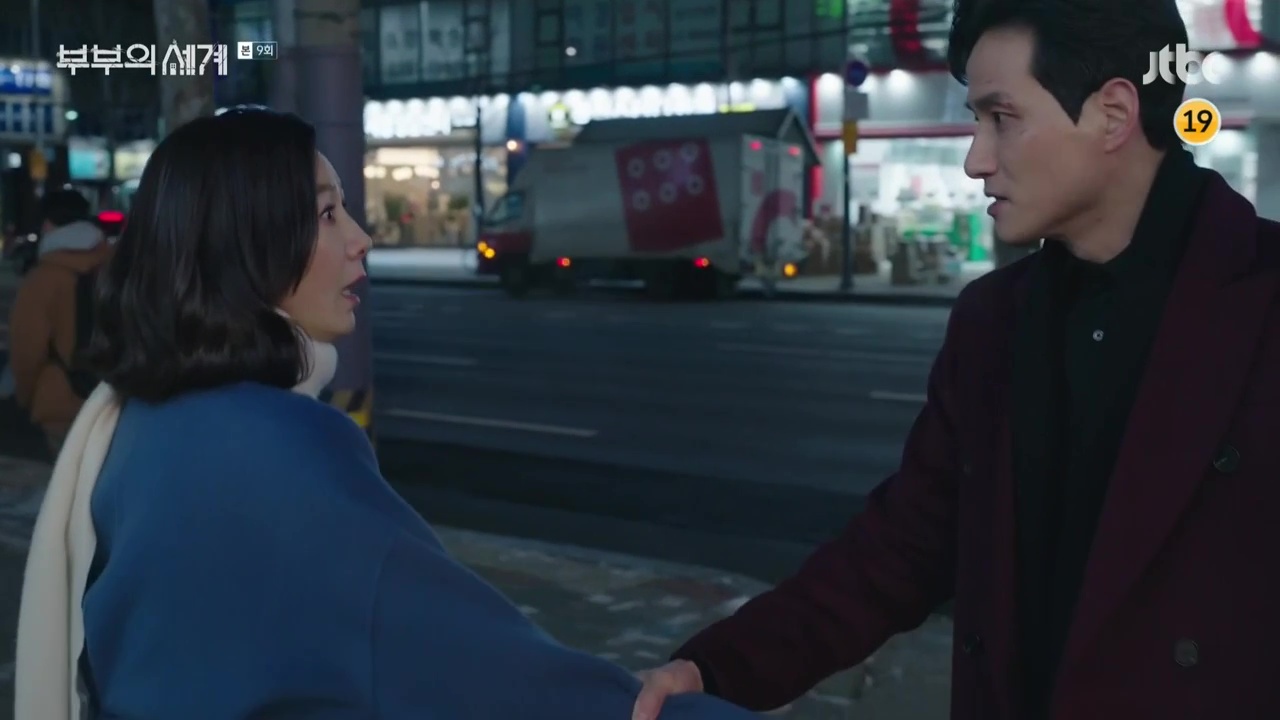
RELATED POSTS
Tags: A Couple's World, editorial, Hell Is Other People, Kingdom, Kingdom 2, Oh My Baby, Will You Have Dinner With Me
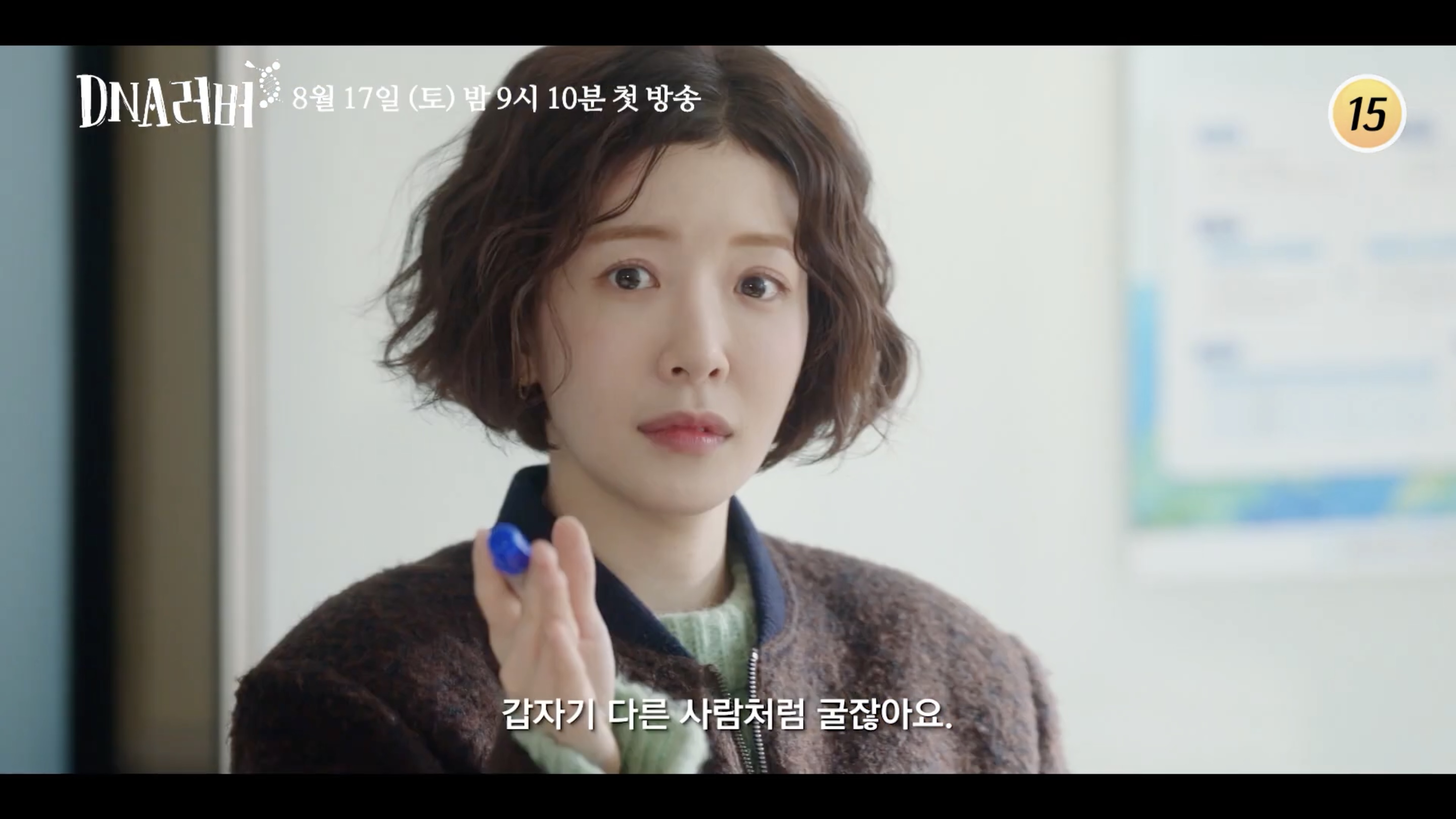
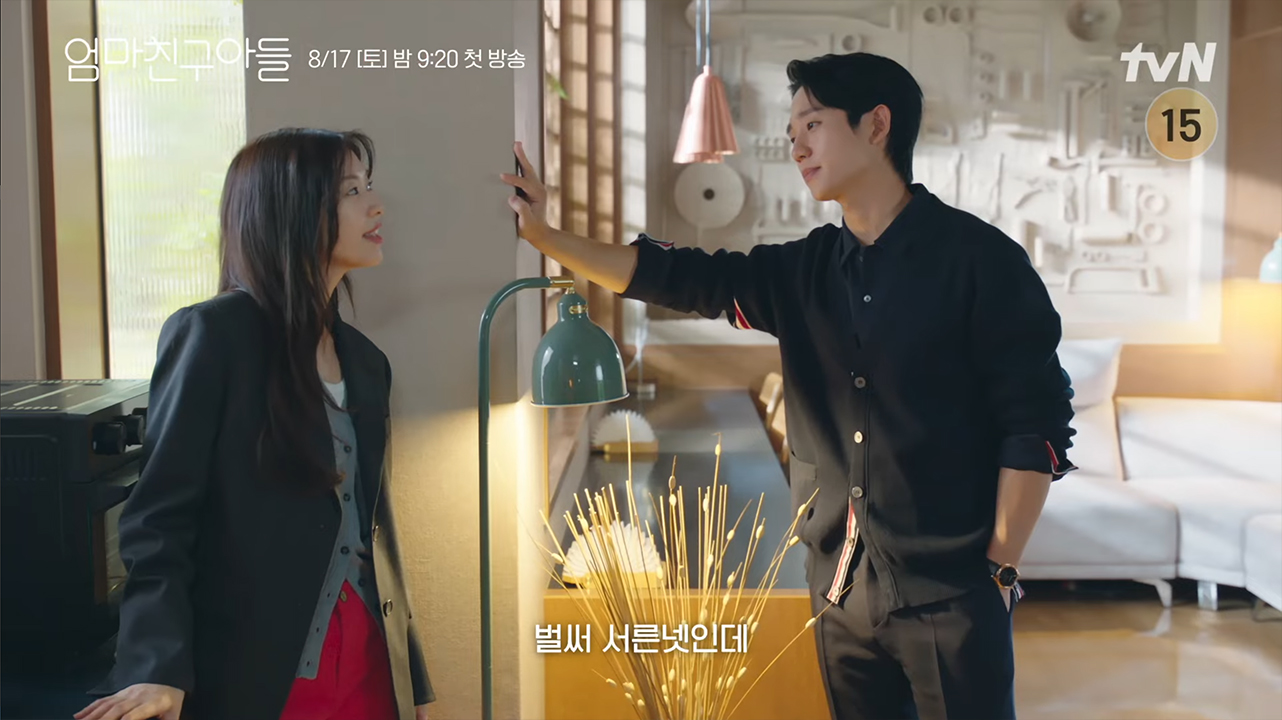
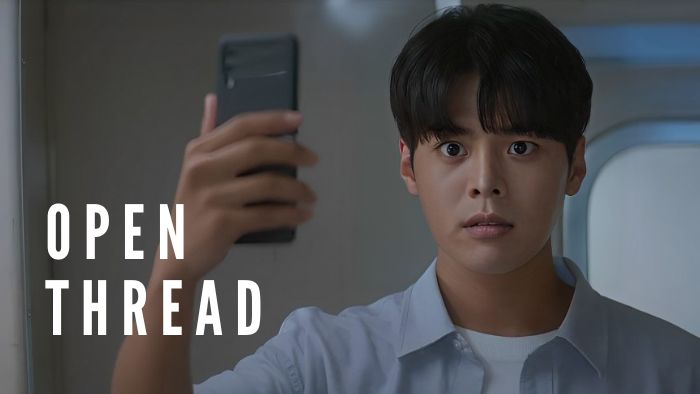
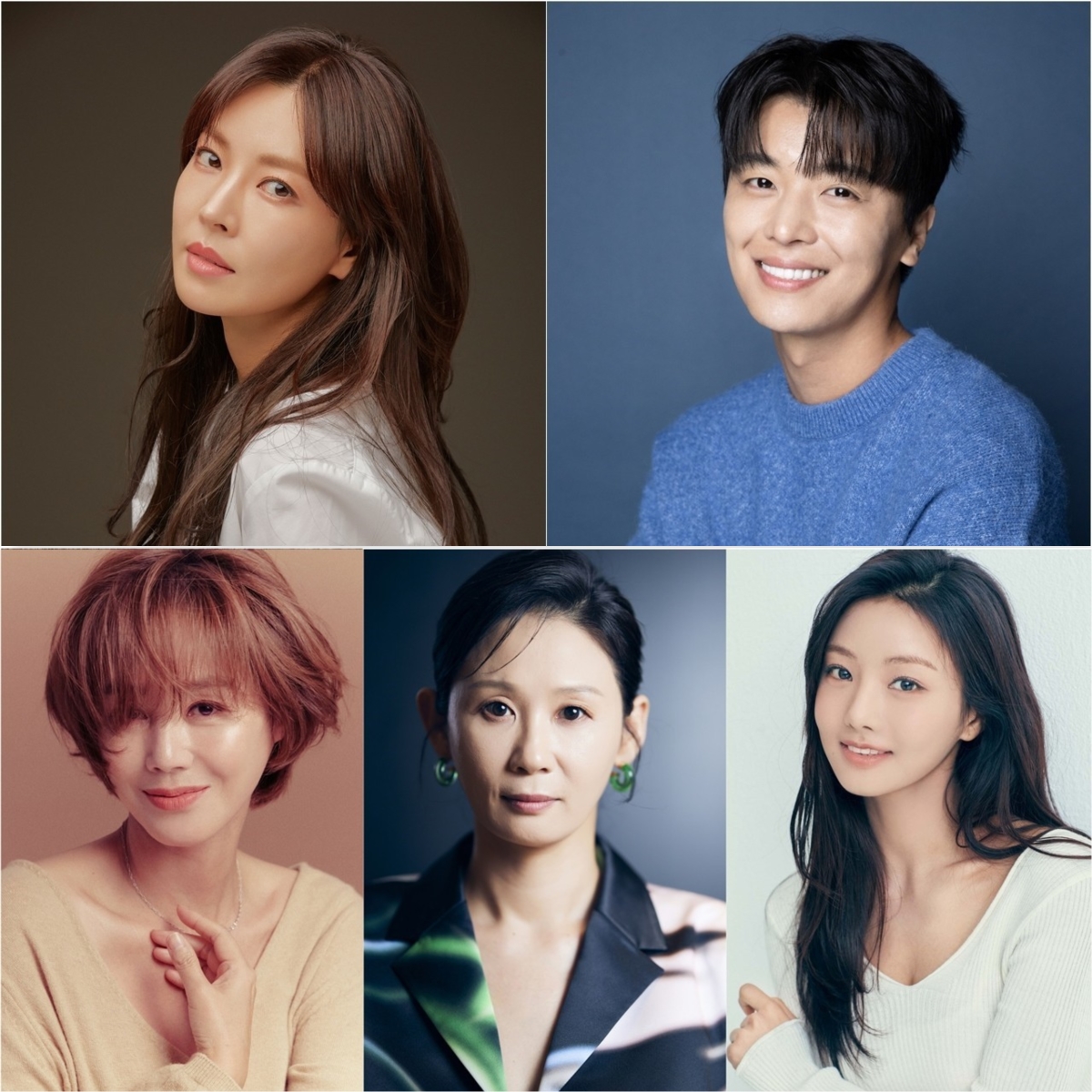

![[Cast Away] A conwoman is possessed by an upright politician](https://d263ao8qih4miy.cloudfront.net/wp-content/uploads/2023/09/castaway_header1.png)
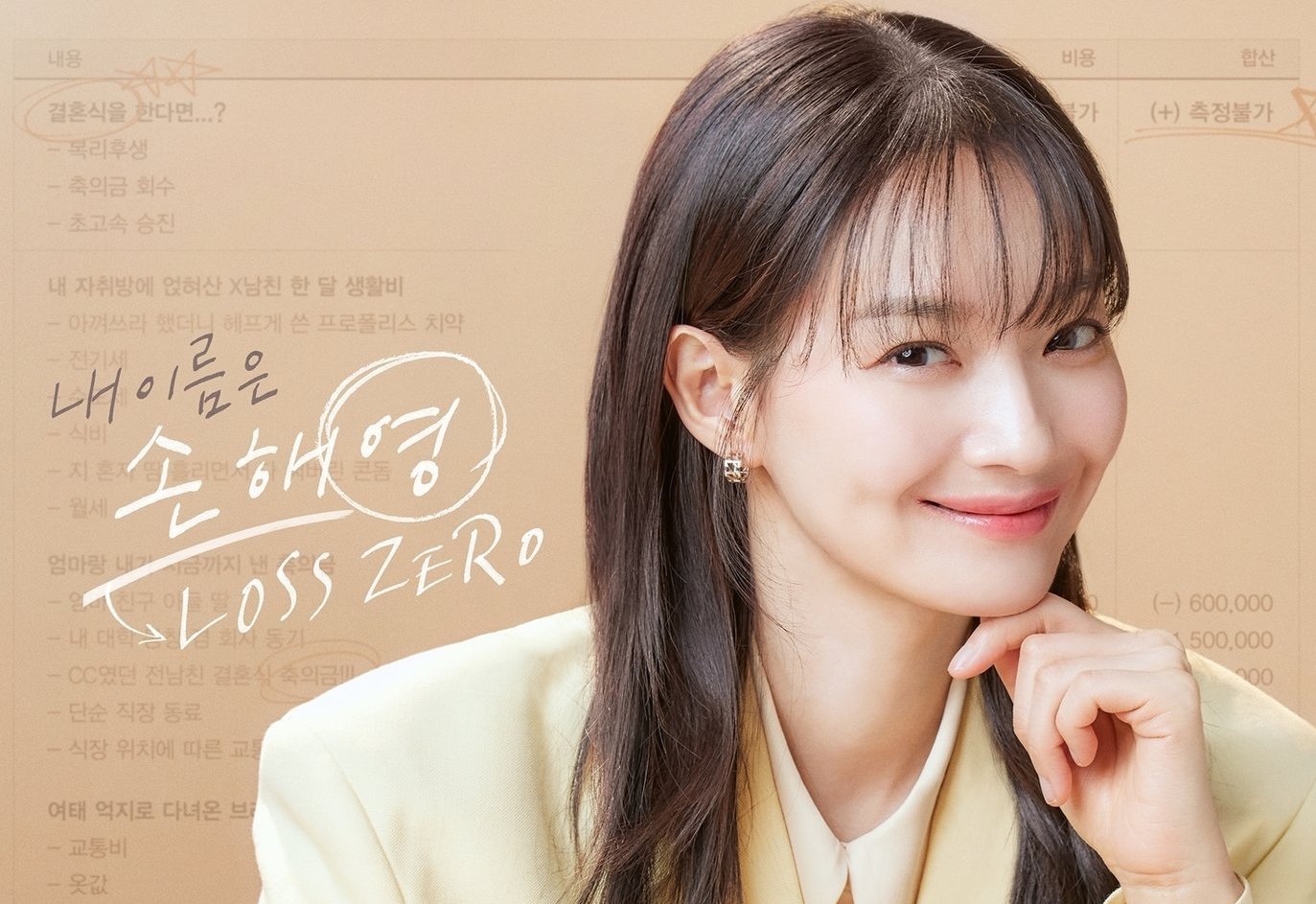
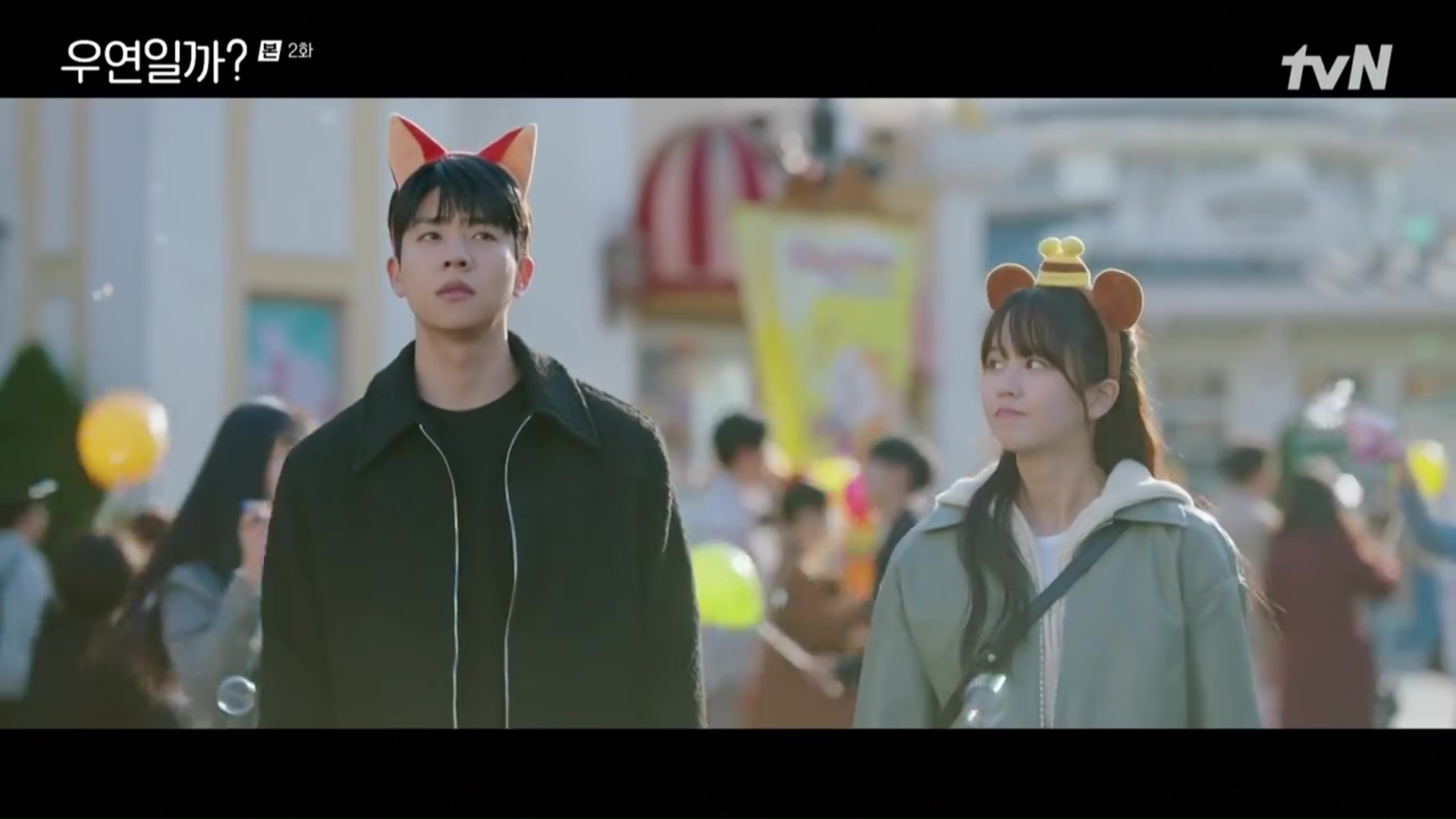
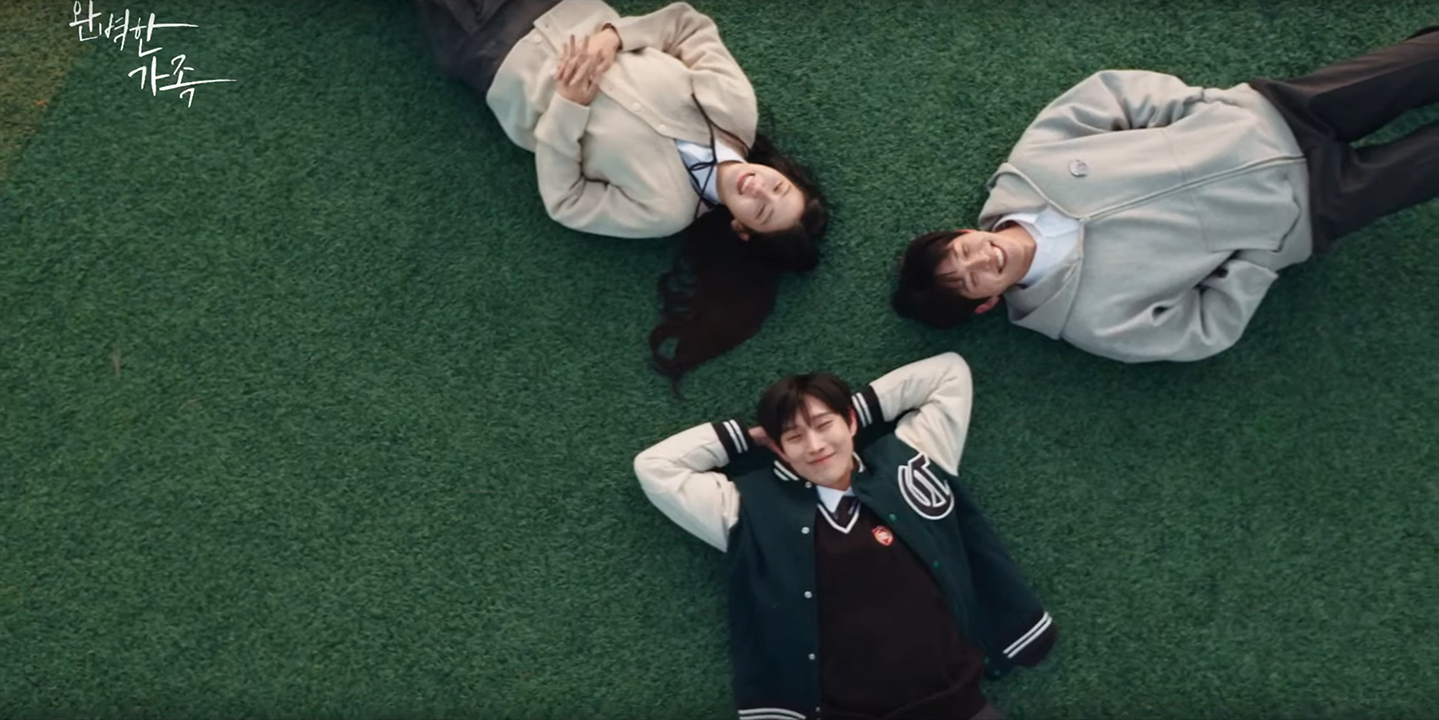
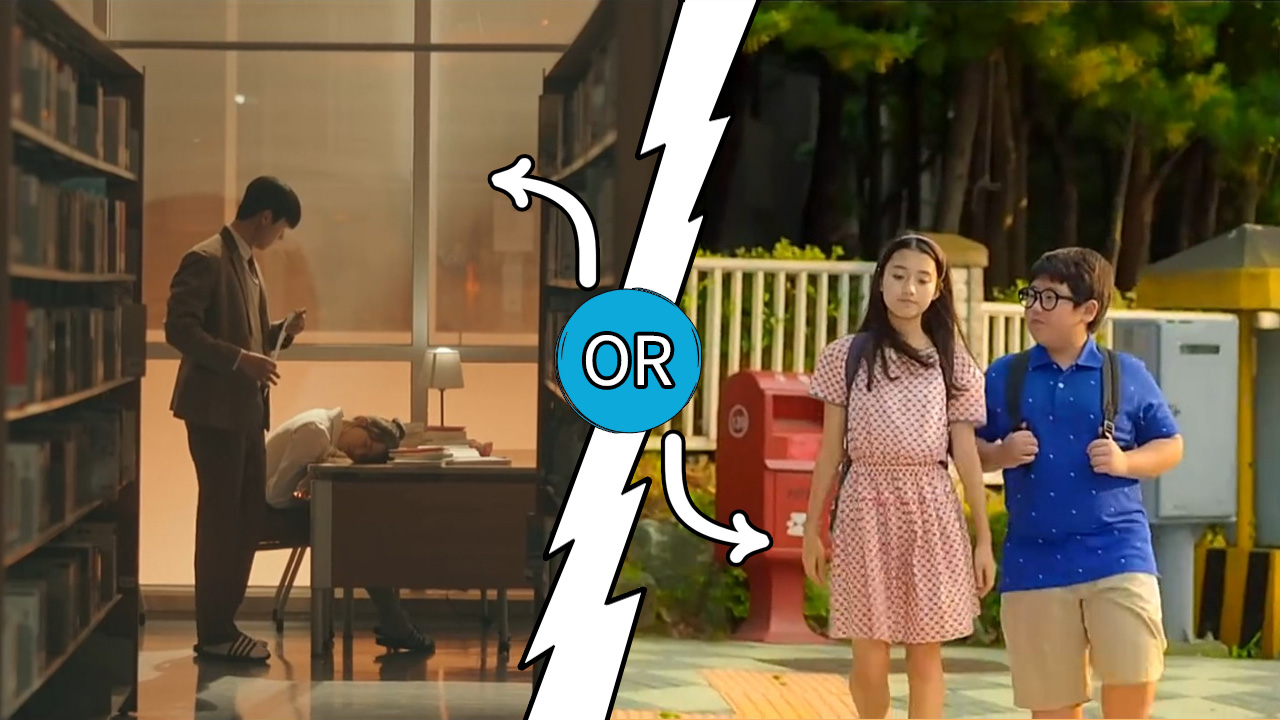
Required fields are marked *
Your email address will not be published. Required fields are marked *
1 Bob
June 27, 2020 at 1:33 PM
I recalled reading something odd awhile ago, something about acetaminophen (a.k.a. Tylenol) suppressing the motion of *empathy* in the brain (I just Googled it and yes, that's really a thing). There's nothing I find more frightening that someone who is unwilling or incapable of being empathetic. I've tried to introduce K-dramas to some people and their biggest object (beside having to 'read') is having all those nasty 'feelings' being foisted on them. These same people cannot stomach literature, either.
Required fields are marked *
Kafiyah Bello
June 27, 2020 at 1:45 PM
Yikes
Required fields are marked *
halofan68
June 27, 2020 at 1:55 PM
I think your last two sentences are especially spot-on. I am fortunate that both my octogenarian parents are still with us but they illustrate what you are talking about: my father has not read a single novel or short story in all the time I have been old enough to appreciate that fact. He avoids kdramas like the plague but watches American televsion (streaming and broadcast) non-stop, preferring to struggle with his very limited English. My mother, who in all candor, is the less brainy of the pair, reads 2-4 novels per week and kdramas are one the things which bond us.
Required fields are marked *
2 halofan68
June 27, 2020 at 1:40 PM
Kudos for a thoughtful and interesting post. For me, the comparison of kdramas to novels is more apt than stage plays because kdramas have a scope and potential for deep and nuanced characterization closer to novels. The biggest difference from stage drama and kdrama I see is that due to time and narrative constraints, stage drama is too often reduced to polemics, which I see happening much less frequently in dramaland.
And for the question you pose, I absolutely believe kdramas can be, as opposed to are, good for us, which is a qualifier which applies to all art. But when kdramas are at their best, the catharsis, insight and push to think I derive from them is the same as what I feel after having read my favorite authors.
Required fields are marked *
3 Kafiyah Bello
June 27, 2020 at 1:45 PM
Hmmmmm, I have never thought about stories as bad for you. I guess because I come from a book background (it that books are the best way to consume stories). I guess for me in thinking about this is, the only stories that are bad for you are bad stories. Bad stories for me mean a bad plot. The content itself can be moral or immoral, so long as the plot is good, I'm happy. Good stories pull you into them and wring you dry, they make you happy, sad, mad, they bring the range of human emotion, so I agree with Aristotle, they bring catharsis. Bad stories bring disappointment , anger, and sadness without their opposite emotions.
So a story like Forest of Secrets had me on an emotional rollercoaster, I was shocked, happy, sad, angry, and content all in the space of 16 episodes. At the end of it was content like after a deep bone tissue massage.
Then there is Goblin ( I understand, some people love it, that is not me). I despised that drama. I was pissed off at the end of every episode. I was sad that I was watching it because of my strong love for Gong Yoo, and finally I was disappointed because I thought the plot was God awful.
All this to say some dramas can be bad on the psyche, but the good ones make up for it.❤️
Required fields are marked *
MikeyD signed up
June 27, 2020 at 5:53 PM
Complex stories probably aren't 'bad' for you. What I worry about are the SIMPLE ones, the ones where you don't bother to question the (often pernicious) underlying worldview because its light entertainment. You know, the by-the-numbers cop show were 'Oh yeh, the valiant hero is torturing a confession out of the bad guy again' or 'Oh yeh, undisputed hereditary monarchist government'. No problem.
Required fields are marked *
Screentime
June 27, 2020 at 6:50 PM
This.
Required fields are marked *
Kafiyah Bello
June 27, 2020 at 7:19 PM
Hmmm, I think even the simple ones would be bad for me if the plot is bad. You can have a simple story with a pernicious (great word by the way) worldview. An example would be Heirs, a drama about rich kids in a high school. I thought that was complete trash. The surface story was bad and so was the underlying worldview.
As for the simple stories that good with a pernicious underlying worldview. I would still be fine with those because I like how the story is told, even if the content is awful. I don't have a kdrama example but in literature there is Lolita. Nabokov is a masterful wordsmith and storyteller, but i will never read that story again because there is so much evil underneath. I don't regret reading it though.
I have no idea if I answered your point, please clarify if I didn't, but that is what i understood based on you wrote.
Required fields are marked *
captainlaika
June 27, 2020 at 10:01 PM
I read "bad for you" as meaning "bad for your mental/physical health", as in regards to ulcers/blood pressure or making you genuinely (not cathartic) unhappy or distressed, so I didn't think about this slant but that's an interesting point.
Whether a story is simple or complex, I think there's a certain onus on the viewer to periodically step back and think critically about the media we consume- especially the protagonist's actions. It doesn't mean you can't enjoy it but like Mike pointed out, it's important to keep prejudices/stereotypes/propaganda in check
Required fields are marked *
4 Yuyuu, The Drama Queen
June 27, 2020 at 2:44 PM
This is sucg a great write-up @missvictrix!
I have yet to encounter a show that raises my blood pressure higher than The World of the Married. Damn, that was a ride. My sisters for sure thought I went bloody crazy even though we watched together! 😂
And hmm... I've never given much thought about a drama being "bad" for you, because... well I'm all for catharsis and indulging. If I don't enjoy a drama or it's too triggering, then I just drop it. I use the word "enjoy," because sometimes even bad dramas can be enjoyed depending on what perspective you look at them.
Well now this got me thinking though. About whether there are actually any "good" or "bad" dramas, because while there might be certain criteria to decide that, it's not universal and some people will always disagree. Maybe it's better to think of it in terms of dramas "fitting" your expectations of a good story instead of bad or good. Or even not thinking of it in such strict binary terms.
Anyways I guess K-dramas really are deserving of the name "drama." Some even with a capital D.
Required fields are marked *
Yuyuu, The Drama Queen
June 27, 2020 at 2:44 PM
such*
Required fields are marked *
5 Long
June 27, 2020 at 5:15 PM
Thanks for the post and the other one before.
For a former greek lover like me I enjoyed the parallel with greek tragedy.
And I agree with your conclusion, I do think Dramas can be both good and bad for the psyche depending of what your looking for or where your are in your life.
When I watched it for pure enterteinment, I enjoyed the laugh, swoon, thrill,or hated the stress and stupidity of it.
Sometimes liked you said it hit too close to home and it can be both carthatic or painful.
What is true it's that it stirred something when you watching it, and can sometimes be a good mirror of your current mental state.
Keep up the good job with this kind of post it was a really fun reading for me.
Required fields are marked *
6 OldLawyer
June 27, 2020 at 5:30 PM
Drama is good for us and a good drama does all of the things suggested here: Catharsis, life lessons and even a greater understanding of others. Stories have always helped us to understand ourselves in a way that logical analysis cannot. While WORLD OF THE MARRIED was directly based upon the British show DOCTOR FOSTER that show was indeed based upon the classic tragic Greek story of Medea- a story that was already old by the time that Aristotle was writing.
Required fields are marked *
7 jillian
June 27, 2020 at 5:35 PM
This is a very lovely read. You did make good points about what drama does in our lives.
Like most other things we consume in our lives moderation is key. Kdrama watching for me is sort of an escape from the real world. I try to limit my drama hours so I can accomplish other aspects in my life. But it will no longer be good if one choose to spend all their time watching kdramas and forget to live their own life. This actually reminds me of the Mirror of Erised and also of Dumbledore's quote in Philosopher's stone "It does not do to dwell on dreams, Harry, and forget to live".
Kdrama sells dreams and escape. Though it does provide entertainment and catharsis that helps people. It can also be detrimental if too much time is spent on it. Just my two cents.
Required fields are marked *
Fly Colours
June 28, 2020 at 2:05 AM
I feel the same, @jillian! As much as dramas provide the (pretty) respite and the catharsis that fit me just right at this moment, I also struggle to find the sweet spot between drama-watchingband dedicating time to real-life relationships, hobbys, and just being with my own thoughts. As much as I enjoy Dramaland, I feel better if my watching is limited and framed by other activities
Required fields are marked *
jillian
June 28, 2020 at 4:49 AM
It is definitely hard finding the right balance. So that is why I prefer watching ongoing dramas so will spend only 2 hours each week. While binge watching would be a test on my will power. 😅
Required fields are marked *
8 MikeyD signed up
June 27, 2020 at 5:44 PM
On the topic of Greek dramas I'm reminded of the series 'Misty' whose ending confounded so many people. If you go into that drama thinking of it as a classic Greek tragedy where the players are doomed by the gods from the start the ending makes total sense. In fact there couldn't have been another ending.
There's a recent K-pop song about a drunk girl hitting on the DJ at a party. In the lyrics is the random line "Hey Mrs. Dalloway, I love your party". Mrs. Dalloway? Is this song referencing the classic 1925 Virginia Woolf novel? That changes the context of this otherwise frivolous song. My my, Koreans are SO much more literate than Americans!
Required fields are marked *
9 De Pleurs
June 27, 2020 at 6:19 PM
In all the time I've been watching Kdramas (since 2009), I've never felt the way I felt seeing "A couples word" (ACW).
The best dramas I saw left me wanting more and intrigued (like Signal, Forest of Secret, Misaeng, Secret), but only on a superficial level, never an intense emotion, just an avid interest. But with ACW, from the first chapter I felt ALL the emotions Sun Woo felt. I felt them very close to me, I experienced them almost as if they were mine, or real.
Each episode left me seething with rage, for the betrayal and humiliations that SW was subjected to, and the victories, oh, her victories, no matter how small, they left me euphoric. Seeing ACW (with the out of this world acting by KHA) transcended the experience of being a detached spectator, it was a vivid experience, vivid in its maximum splendor.
I had never felt like this with a series. And I loved every bi of it. And it's stranger that I have felt that way with a female lead with a life opposite to mine: I am single, younger and at beginning my career. However, her pain and joy were mine too: I felt each of her emotions as if they were on par with my own heart.
For me, this was the absolute best experience. A once in a lifetime thing.
Required fields are marked *
10 geminirat
June 27, 2020 at 6:45 PM
I've been watching dramas since I got introduced to Jumong, well, at first it was just one or two dramas a month since I was busy working. But after I started working from home, I also began binge-watching some dramas that had good reviews from dramabeans. I seldom watch sad movies or dramas -I like to relax my mind. But The World of the Married made me remember how angry I was when my husband cheated on me and our eventual separation. The Heirs were the flirty younger years while My Unfamiliar Family is my present. K-dramas will always be a part of my life.
Required fields are marked *
windsun33
June 28, 2020 at 8:52 AM
The World of the Married is Heirs 20 years after.
Required fields are marked *
11 dramalover4ever
June 27, 2020 at 6:53 PM
This is such a good article missvictrix. Catharsis and living by proxy - both for me, thank you. But I do worry that my life is running through my fingers as I serially and compulsively consume all-absorbing dramas.
One of the saddest moments for me in a drama was in Fated to Love You, when Jang Hyk's Lee Gun finally faces up to the loss of his child. At moments like this all the loss in one's life, and the tragedy of loss in life, in general, surfaces. Then it's a struggle to hold back the tears. That's catharsis.
In other dramas, seeing the bad guys, especially the corrupt ones, get their just desserts is cathartic too. Sure it's unrealistic, but seeing it means there is hope in the world that justice will eventually be done. The good thing about k-drama is that the outcomes are not always assured. That's why I liked how The War of the Prosecutors ended and also how Life ended,
Sometimes too, we get to see why the bad guys have been so bad, and we feel for them too. In Six Flying Dragons, for example, when Park Hyuk-kwon's Gil Tae-mi dies, we can't help but applaud his brilliance, even though he has been so terrifyingly evil.
It may wear a bit thin at times though. Some stories seem less convincing. Maybe we are not always persuaded anymore when the poor candy gets the rich guy. When he is instantly intrigued by her as she falls over in the street and into his ever-ready arms, and he is puzzled that he sees past her awkwardness and ordinariness and finds himself against his better judgement falling in love with her. Perhaps we are not so easily fooled by that anymore and are more interested in Kim Hye-Soo's Jung Geum-Ja when she stands up for herself using all of her resources and womanly wiles, especially on the cocky but delicious Yoon Hee-Jae. Yet we still keep coming back for it. Maybe my Prince Charming will see the real me and pick me up off the street.
But how about becoming addicted to dramas?? I've always lost myself in fiction in whatever form it comes - books, films, dramas. Can't get enough. When one comes to an end, I reemerge into the "real" world, a bit dazed, dislocated, wondering what's been going on? Have I missed anything?
At the moment, escape from the world seems like a good option. At least I have the seemingly infinite resource of kdramas to lose myself in, and to live at a remove.
Some people I know during lockdown had no idea what to do with themselves once they did all the spring cleaning. (But maybe I should have done some of that instead of watching multiple dramas at the same time!!) Guilty but shameless.
Required fields are marked *
geminirat
June 28, 2020 at 3:49 AM
I feel you, @dramalover4ever!
Required fields are marked *
dramalover4ever
June 28, 2020 at 4:21 AM
🤣🤣🤣
Required fields are marked *
12 captainlaika
June 27, 2020 at 9:38 PM
I love your essays, they're always such great food for thought. For sure, I think what draws me in particular to dramas is the emphasis on emotion/pathos. I can forgive a lot in a drama if it ultimately hits the right emotional notes for me (of course, that doesn't mean it will do so for everyone so minimal plot holes is still nice lol).
I do notice I tend to watch dramas in pairs- usually if I'm watching a more stressful or dark show, I'll also watch a romcom or something alongside to balance it out
Required fields are marked *
13 Iamelise
June 27, 2020 at 11:21 PM
I’ve only finished up to ep 12 of Married Couple. I still don’t have the emotional strength to continue with the last 4 eps. I don’t know if I could take more stress.
Required fields are marked *
14 Kurama
June 28, 2020 at 12:24 AM
Personally, I won't say dramas are bad for me because I don't let them. For A Couple's World, I watched the 2 first episodes and it's all. I thought it won't be a story for me. I didn't understand the characters and was already super frustrating by their behavior, so 16 episodes... So I guess my survival instinct protects me well :p
Required fields are marked *
Fly Colours
June 28, 2020 at 2:37 AM
Agree! I have no problems in dropping dramas that stress me out... My personal triggers are terminal disease and people loosing their kids - every time they rear their ugly heads, I drop the show like a hot potato
Required fields are marked *
Kurama
June 28, 2020 at 2:47 AM
My biggest issue is that I watch dramas in the train and sometimes I have to fight against teardrops in order to not ridicule me in front of the other passengers...
Required fields are marked *
Fly Colours
June 28, 2020 at 3:13 AM
Or laughing at the screen like a madwoman... I feel you! 😂
Required fields are marked *
Long
June 28, 2020 at 10:21 AM
Aha same whatching Dramas in train can be tricky ^^.
I am the same as you I easily stopped dramas that are too frustrating or stressfull and I usually finished them by procuration by reading the recap ^^.
But you never had that one drama, that you continued watching despited knowing it will "Bad" for you ?
My ajusshi one that kind of drama for me, i loved the dama but some part of the journey was painful even if the ending is rewarding.
15 Fly Colours
June 28, 2020 at 2:31 AM
Great essay, @missvictrix! It's always a pleasure to read your insights. About catharsis, that's exactly what I felt when I discovered dramas. I was sick and stuck at home; dramas provided me an escape from my own worries, and crying for characters' misfortunes - specially watching characters live out their emotions - helped me let out steam, and deal with my own emotions in a more positive and hopeful way
Required fields are marked *
16 dee23
June 28, 2020 at 10:53 AM
I was thinking in the same lines this weekend. I just binge watched A Piece of Your Mind. My mental state is not in its most stable then having that melo-drama, was I just feeding my negative emotions? But with the new week starting, I realized, "Ah, that was a perfect weekend."
Required fields are marked *
17 Kitty_Litter
June 28, 2020 at 11:13 AM
"In other words, all roads lead to
RomeGreece. "Greece or Rome are irrelevant (or outdated) in today's Technological Revolution.....and all roads lead to the Internet (Mass media or Google to be exact).....which is quite unlike the Oracle of ancient Greece.
Viewers watch either with their mind (reasoning) or heart (emotions). Those who use their minds.... process what they see differently. Often in every scene.... I'd question or ask...."Is that even possible". With information readily available in my deeply calloused fingertips, I have grown wiser, if not skeptical all the more....because there is always a way to compare and relate to incidents or scenes portrayed in the drama with reality....for which viewers thinking are now mostly anchored on realism. Of course avid fans are always willing to open their emotions for indulgence.
Speaking of Tragedy.... there is an unfolding real life drama today ..... "the emergence of Fake News"... all in pursuit of promoting some political agenda....like the climate, race, gender, injustice and all that crap. Which makes people and viewers.... discriminate even more (identify and filter) what they hear or see on posted media. Just saying.
Required fields are marked *